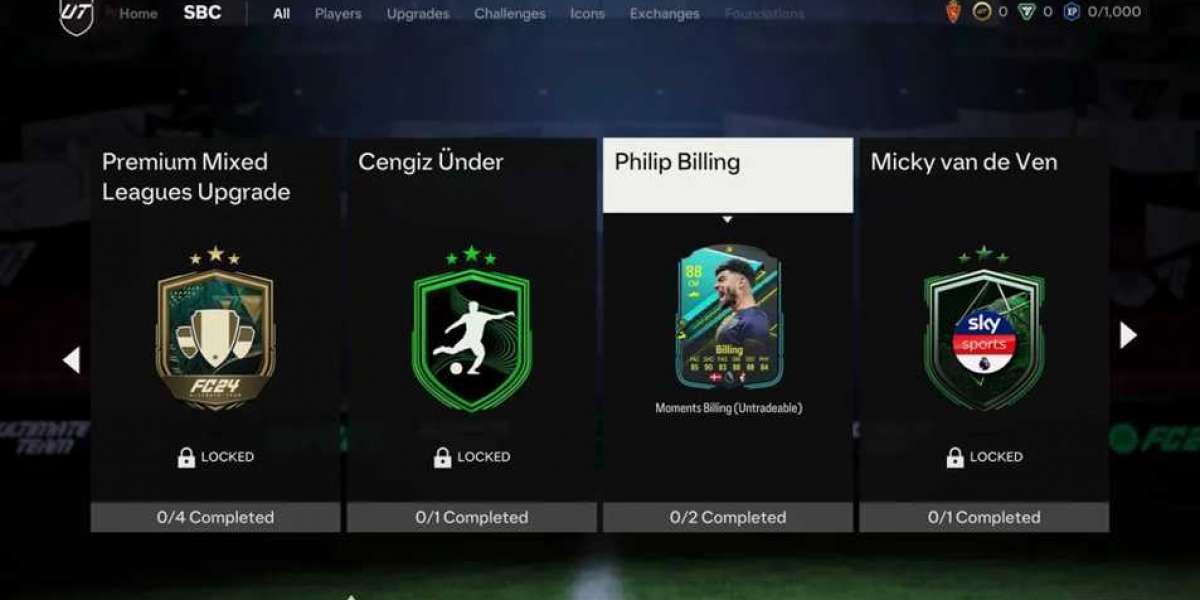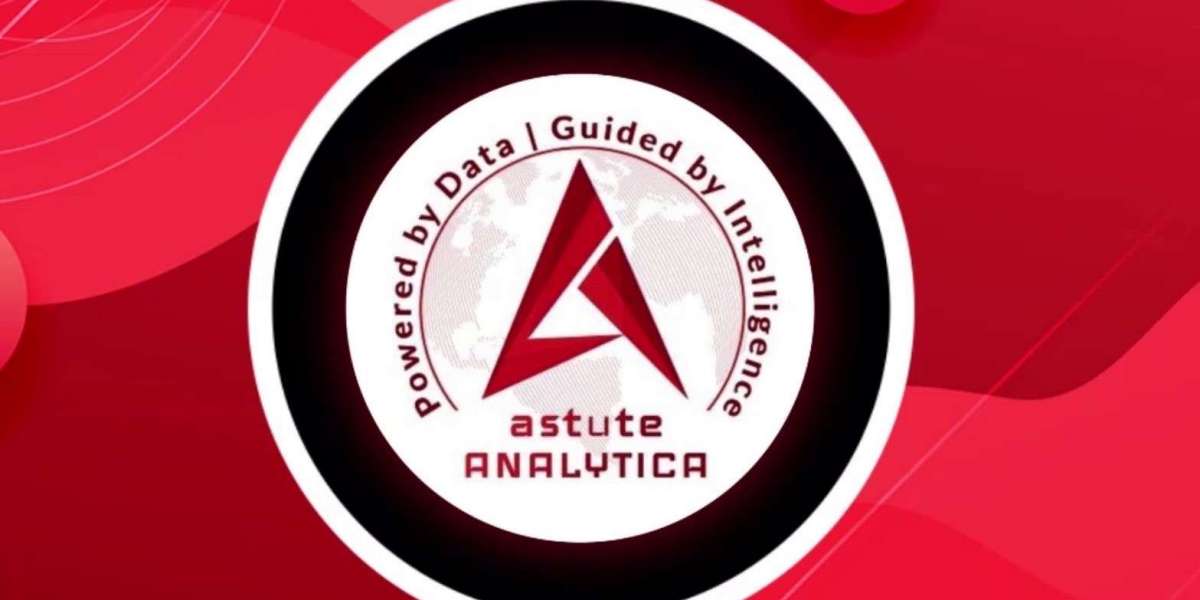Project coordination is a role that sits at the heart of project management, ensuring that projects run smoothly and efficiently. If you're considering a career in project coordination or looking to enhance your skills in your current role, understanding the key competencies required is crucial. In this post, we'll explore the essential skills needed for effective project coordination and provide tips on how to develop them.
1. Communication Skills
Why It's Important:
Effective communication is the backbone of project coordination. As a project coordinator, you'll need to communicate clearly and effectively with team members, stakeholders, and clients. This includes both verbal and written communication.
How to Develop:
- Practice Active Listening: Pay close attention when others are speaking, and show that you understand by summarising their points.
- Improve Writing Skills: Take courses in business writing or technical writing to ensure your emails, reports, and project documentation are clear and professional.
- Public Speaking: Join a local Toastmasters club or take a public speaking course to build confidence in presenting information and leading meetings.
2. Organizational Skills
Why It's Important:
A project coordinator needs to keep track of multiple tasks, deadlines, and resources. Strong organisational skills help ensure that nothing falls through the cracks and that the project stays on schedule.
How to Develop:
- Use Tools: Familiarize yourself with project management software like Trello, Asana, or Microsoft Project to organize tasks and milestones.
- Create Checklists: Develop and use checklists for daily, weekly, and monthly tasks to ensure everything is accounted for.
- Time Management: Learn time management techniques such as the Pomodoro Technique or time blocking to maximise productivity

3. Problem-Solving Skills
Why It's Important:
Projects rarely go exactly as planned. Being able to identify issues quickly, analyse potential solutions, and implement fixes is crucial for keeping the project on track. So, Learn from Project coordination training online.
How to Develop:
- Critical Thinking: Engage in activities that require logical reasoning and problem-solving, such as puzzles or strategic games.
- Scenario Planning: Practice creating contingency plans for various potential issues that could arise during a project.
- Seek Feedback: Ask colleagues or mentors for feedback on how you handle problems and seek advice on improving your approach.
4. Risk Management
Why It's Important:
Identifying potential risks and developing strategies to mitigate them can prevent minor issues from becoming major problems.
How to Develop:
- Risk Assessment: Learn how to perform risk assessments and create risk management plans.
- Stay Informed: Keep up-to-date with industry trends and potential risks that may affect your projects.
- Learn from Experience: Analyze past projects to identify what went wrong and how risks were managed, applying those lessons to future projects.
5. Team Collaboration
Why It's Important:
Projects are often team efforts. Being able to work effectively with others, delegate tasks, and foster a collaborative environment is essential for project success.
How to Develop:
- Team-Building Exercises: Participate in or organize team-building activities to strengthen relationships and improve teamwork.
- Learn Delegation: Practice delegating tasks effectively, ensuring that the right tasks are assigned to the right people.
- Conflict Resolution: Develop conflict resolution skills by learning techniques for mediating disputes and fostering a positive team dynamic.
6. Technical Proficiency
Why It's Important:
Depending on the industry, a project coordinator may need to be proficient with specific tools and technologies relevant to the project. This could include software for scheduling, budgeting, or specialised industry tools.
How to Develop:
- Continuous Learning: Stay current with industry tools and software through training courses, webinars, and professional development opportunities.
- Hands-On Practice: Gain practical experience by using project management tools in your current role or through volunteer opportunities.
- Certifications: Consider obtaining certifications in relevant software or methodologies, such as PMP (Project Management Professional) or Agile.
7. Financial Acumen
Why It's Important:
Understanding budgets and financial constraints is crucial for managing project costs and ensuring that the project stays within budget.
How to Develop:
- Basic Accounting: Take courses in basic accounting and financial management to understand key concepts.
- Budgeting Tools: Learn to use budgeting tools and software to track project expenses.
- Financial Analysis: Practice analysing financial reports and data to make informed decisions about project spending.

Conclusion
Effective project coordination requires a diverse set of skills, from communication and organization to problem-solving and financial management. By focusing on developing these key competencies, you can enhance your ability to coordinate projects successfully and advance your career in project management.
If you're ready to take the next step in your project coordination journey, consider enrolling in relevant courses, seeking mentorship, and gaining hands-on experience. With dedication and continuous improvement, you'll be well-equipped to handle the challenges and opportunities that come your way.








